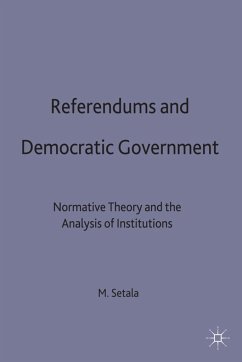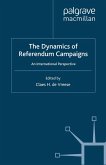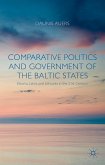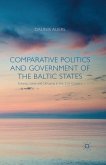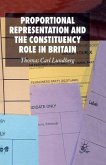Referendums and Democratic Government is the most systematic analysis of the referendum so far. The referendum phenomenon is approached from different perspectives: social choice theory, theories of democracy, a comparative study on 22 democracies, and in-depth case studies of Sweden, Denmark and Switzerland. The referendum is not a unitary phenomenon but it serves various functions and different normative goals in the political systems studied. This variation may largely be explained by the differences in the initiating and agenda-setting procedures.
Maija Setälä has given us a valuable integration of democratic theory and the empirical study of referendums. It is especially useful in showing the wide variety of ways in which referendums are used in different political systems. Referendums have been called increasingly by governments in the past half-century, and this book provides a sophisticated analysis of the contexts in which they can contribute to democratic decision-making and also the contexts in which they can detract from it.' - Brian Barry, Professor of Political Science, Columbia University
'Around the world new forms of democratic participation are being examined and introduced. Some think that regular referendums can supply answers to some of the paradoxes of representation. Setälä's timely book analytically examines the role referendums may play, demonstrating their strengths and limitations. It is an important addition to the literature on democratic government.' - Keith Dowding, London School of Economics
'...an interesting mix of the normative and the empirical.' - Shari Garber Bax, Perspectives on Political Science
'Around the world new forms of democratic participation are being examined and introduced. Some think that regular referendums can supply answers to some of the paradoxes of representation. Setälä's timely book analytically examines the role referendums may play, demonstrating their strengths and limitations. It is an important addition to the literature on democratic government.' - Keith Dowding, London School of Economics
'...an interesting mix of the normative and the empirical.' - Shari Garber Bax, Perspectives on Political Science

